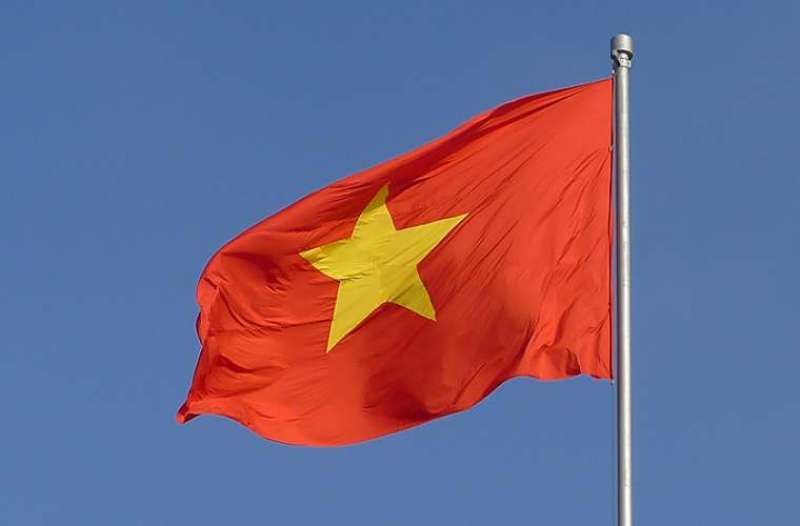A Holy See-Vietnam diplomacy working group, which met inside the Vatican this week, reached an agreement on establishing a permanent resident papal representative to the southeast Asian country.
A resident papal representative is considered an intermediary step in diplomatic relations, below an apostolic nuncio.
The Holy See and Vietnam have never had full diplomatic relations, but have been engaged in formal bilateral discussions since 2009. The Aug. 21-22 summit was the eighth meeting of the working group, which had previously met in Hanoi in December 2018.
Since 2011, the Holy See has had a non-resident pontifical representative to Vietnam. At the 2018 meeting in Hanoi, the delegations had agreed to upgrade this representative from a non-permanent, non-resident to a permanent, resident status.
According to a joint statement Aug. 23, the Holy See-Vietnam working group discussed the regulations to underly such an agreement “in view of the setting up of the Office at the earliest possible date.”
In the meeting, the Holy See also expressed appreciation for the State’s assistance to the Catholic community in Vietnam. The State gave its assurance of its continued commitment to improve consistent policy for respect of freedom of belief and religion.
“The two sides also expressed their commitment to continuing dialogue based on trust and respect for the mutually agreed principles governing the bilateral relations. They underscored the importance of further promoting contacts, including at high levels, between the two sides,” according to the statement.
The Vietnamese delegation also met with Pope Francis, Secretary of State Cardinal Pietro Parolin, and Secretary for Relations with States Archbishop Paul Gallagher.
The delegations are headed by Mons. Antoine Camilleri, Vatican under-secretary for relations with states, and To anh Dung, Vietnam's deputy minister of foreign affairs.
The position of non-resident papal representative to Vietnam is held by the nuncio to Singapore, who is currently Archbishop Marek Zalewski.
Catholics are estimated to make up about 7% of Vietnam’s population of 97 million. Predominant religious practice is of folk religions, followed by Buddhism.
Vietnam’s religious freedom law has been under discussion since 2013, when the Vietnamese constitution was revised. The law guaranteed freedom of belief to people, and formally guarantees religious freedom.
However, Catholic communities have experienced several limitations under the communist regime that took power in 1976.
According to the 2019 annual report of the United States Commission on International Religious Freedom, religious freedom conditions in the country regressed from 2018 to 2019, and despite small improvements, the government of Vietnam continues to persecute religious individuals and organizations.

